Humanity has used coriander since the most ancient of times. History shows that it was cultivated from way back in 5000 BC.
But when analyzed today, coriander is the topic of many debates and extremes. The answer lies in the origin of its present name, coming from the Greek "corianos", taken from coris. Translated literally, the word means stink bug - the bug that gives off a strong citrus-grassy smell when squished.
Fresh coriander leaves have a similar flavor and taste and cause extreme reactions on both ends of the spectrum in many people. If they were to make a survey in which volunteers were asked to try this spice, the majority of them would most likely say that it tastes like dirty socks, a burnt tire, old coins or aluminum foil.
Unlike others however, Mexicans do not share this opinion when it comes to their favorite spice, that is widespread throughout their land.
If you happen to be one of those who have nothing against coriander and even enjoy its taste and flavor, here are a few culinary tips.
It is recommended that the dried seeds of this spice are put in the dish at the very beginning of cooking. This way they will release their flavor and enrich the dish.
Coriander seeds are also one of the ingredients of curry, and in some countries they are put in sausages, confectioneries and used in the production of beer. They can also be found in certain soft bonbons and dairy products.
Coriander is most often used in the creation of marinades, often in combination with bay leaf, allspice and cloves.
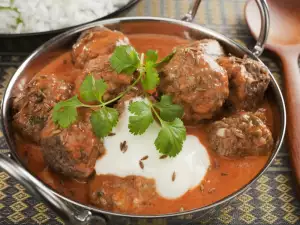
It also finds uses in recipes with meat. For example, when cooking mutton, it is combined with onions, black pepper, garlic and oregano.
Ground coriander and whole seeds are used in soups and salads. Also, the leaves of this spice are incredibly suitable for cold gazpacho soup.
It goes well with potatoes and fish, as well as crumbing.
Perhaps it finds its greatest use in Indian cuisine. Coriander is one of the most widely used spices in Indian dishes. There it is often used fresh. If you are a fan of Indian cuisine, you can try "daal tadka", where coriander takes its proper place in the recipe.
Coriander has other uses as well. For example - as a remedy against hangovers. It removes the smell of alcohol, while hardy drinkers advise that if you chew a few seeds of it soaked in wine at the end of a drinking bout, the hangover the next morning might be avoided.
This spice has a cooling effect and is therefore appropriate for people who do not like or cannot eat spicy food.
But take caution! Do not overuse coriander because excessive use leads to sleep problems, weakening of memory and stuttering.
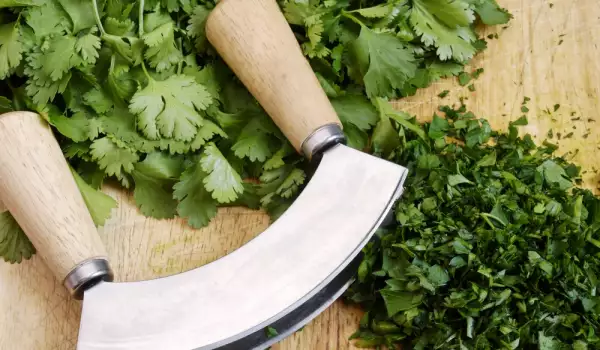



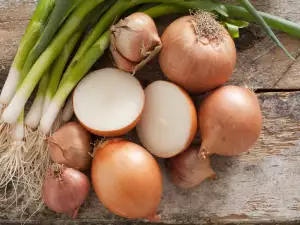
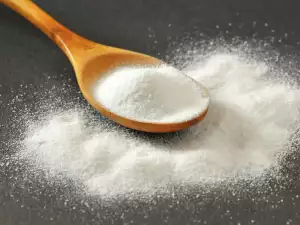
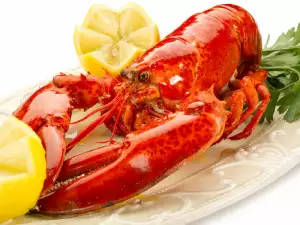
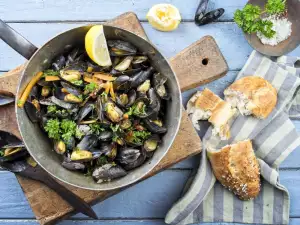


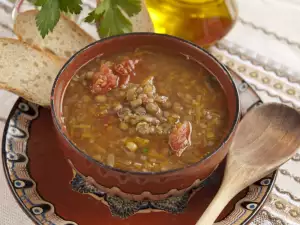
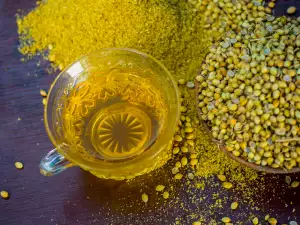

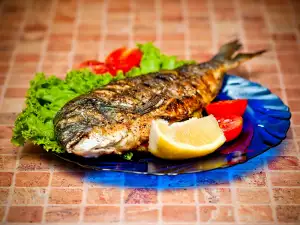
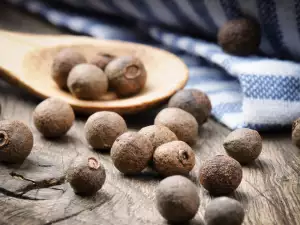
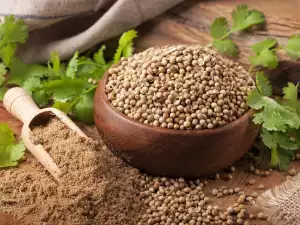




Comments